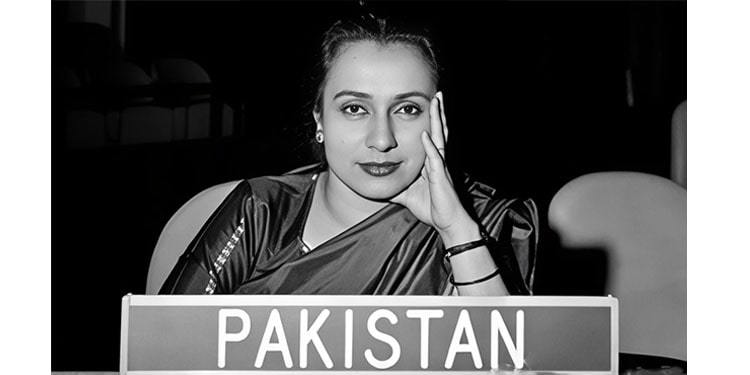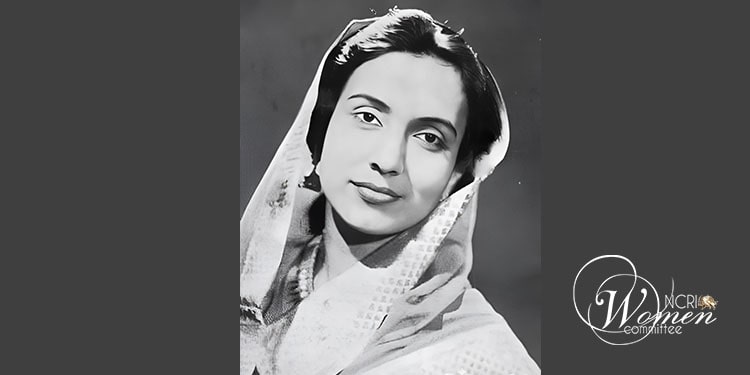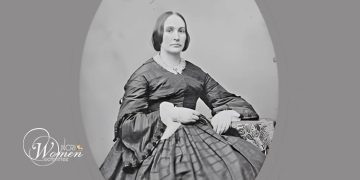Begum Shaista Suhrawardy Ikramullah (July 22, 1915 – December 11, 2000) was a trailblazing Pakistani politician, diplomat, author, and women’s rights activist who played a crucial role in shaping Pakistan’s early political and cultural identity. Born in Kolkata into the influential Suhrawardy family, she was one of the first Muslim women from Bengal to earn a PhD from the University of London. Her groundbreaking thesis on Muslim women in South Asia became a touchstone for gender discourse in the region.
A close associate of the All-India Muslim League, Shaista Ikramullah actively campaigned for the Pakistan Movement alongside Muhammad Ali Jinnah. In 1947, she was elected as one of the first female members of Pakistan’s Constituent Assembly, where she worked on constitutional reforms and advocated for women’s rights, education, and social justice.

Her diplomatic career was equally remarkable — Begum served as Pakistan’s delegate to the United Nations General Assembly and represented the country at the UN Commission on Human Rights. Begum contributed to the drafting of the Universal Declaration of Human Rights and the Convention on the Rights of the Child, leaving a lasting mark on international law.
A prolific writer, Ikramullah authored books including From Purdah to Parliament, an autobiography that remains a seminal account of a Muslim woman’s journey through political change. She also wrote on Urdu literature, culture, and history, championing Pakistan’s intellectual heritage on the global stage.
Begum Shaista Suhrawardy Ikramullah’s legacy endures as a symbol of courage, intellect, and dedication to the empowerment of women. Her life’s work continues to inspire advocates of gender equality and democratic values in Pakistan and beyond.
Begum Shaista Suhrawar2002.
























